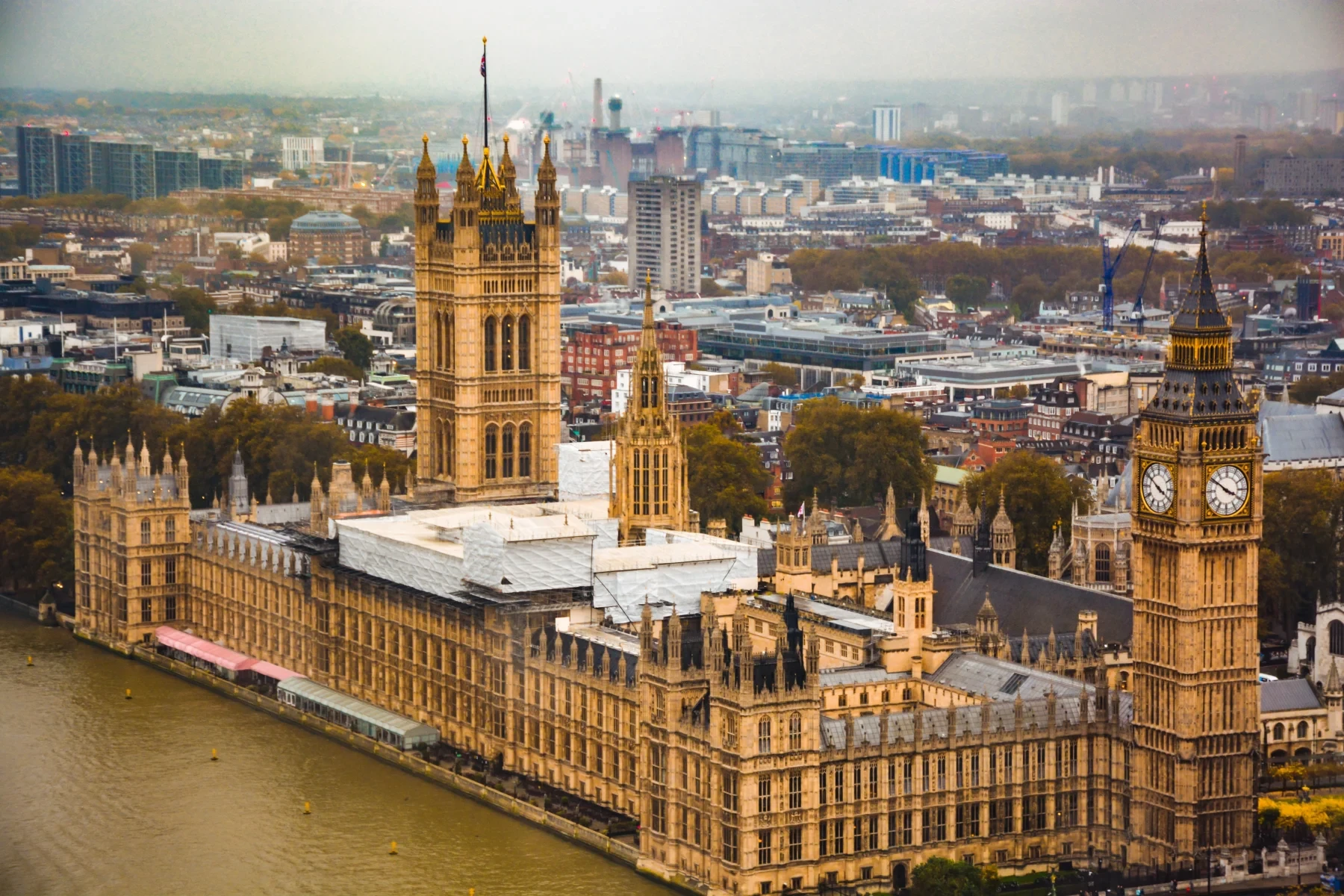
Discover Politics with Oxford Summer Courses: Join Our UK Summer School
Exploring Politics: Impact, Study, and Career Paths
Politics is a subject of immense significance that deeply influences our daily lives and liberties. Surprisingly, this critical field often remains unexplored until secondary school or even sixth form. If you choose to study politics at the GCSE, A-level, or undergraduate level, you embark on an exciting journey, delving into history, opinions, and debates.
What’s Included in an Oxford Summer Course?
Our tailored summer courses for ages 9-24 include all teaching and academic content, accommodation, meals (including Friday night formal dinners), a prize-giving ceremony, all-day trips and activities, airport transfers, access to Oxford Summer Courses Foundations, travel and medical insurance, and a welcome pack. Apply now to secure your spot in one of our comprehensive summer courses.
Studying Politics
Studying politics involves scrutinising how governments, policies, and internal relations function. Politicians, driven by their convictions, gain public trust to influence pivotal decisions on pressing matters. Whether aspiring to be a politician or intrigued by the subject, studying politics equips you with diverse skills essential for advanced studies and career progression.
Understanding Politics
Politics shapes nations and their inhabitants, enabling them to govern collectively. Democracies, dictatorships, and other systems impact societies, drive policies, and address global challenges. Governments, composed of political parties, vie for power, each with distinct viewpoints. Politicians employ persuasion to earn positions, driving changes for the populace's welfare.
Political Parties
A political party seeks political power through elections, influencing policies and laws. Parties field candidates, vying for government roles. In dictatorial regimes, a single party dominates.
Types of Government
Various governmental forms define nations' structures.
Democracy: Rule by the people, allowing participation via direct or representative methods. Elections drive decisions.
Federal Government: Distributes authority between central and local governments, common in larger countries.
Communism: Collective ownership of resources and wealth-sharing, seen in countries like China and North Korea.
Dictatorship: Single leaders or small groups wield immense power, often acquired through elections or force.
Republican Government: Citizens hold power, electing representatives who govern, as seen in the USA and France.
What could you do with a Politics Degree?
A politics degree opens doors to diverse careers, here are few you could explore.
Directly Related to Politics:
Civil Servant: Public sector roles aiding policy development and implementation.
Politician's Assistant: Facilitating elected officials' administrative tasks.
Policy Officer: Researching, advising on policies for governments and organizations.
Public Affairs Consultant: Providing policy insights to various clients.
Social Researcher: Conducting research to improve public conditions.
Indirectly Related to Politics
Charity Officer: Working for non-profit organizations to uplift communities.
Journalist: Communicating news and political information to the public.
Market Researcher: Collecting data to inform decisions in various sectors.
Public Relations Officer: Managing public image and communication for clients.
Exploring politics unveils its profound impact and complexities. The journey enhances critical thinking, communication, and analytical skills. Whether diving directly into political roles or indirectly contributing through related fields, a politics degree paves the way for diverse and rewarding careers.
Ready to Join Oxford Summer Courses?
After submitting your application, we'll be in touch very soon to inform you of the outcome. Apply now to begin your journey with Oxford Summer Courses!
Share this article
Summary
Studying politics is important as it affects our daily lives. It offers a fascinating exploration of governments, policies, and international relations.
